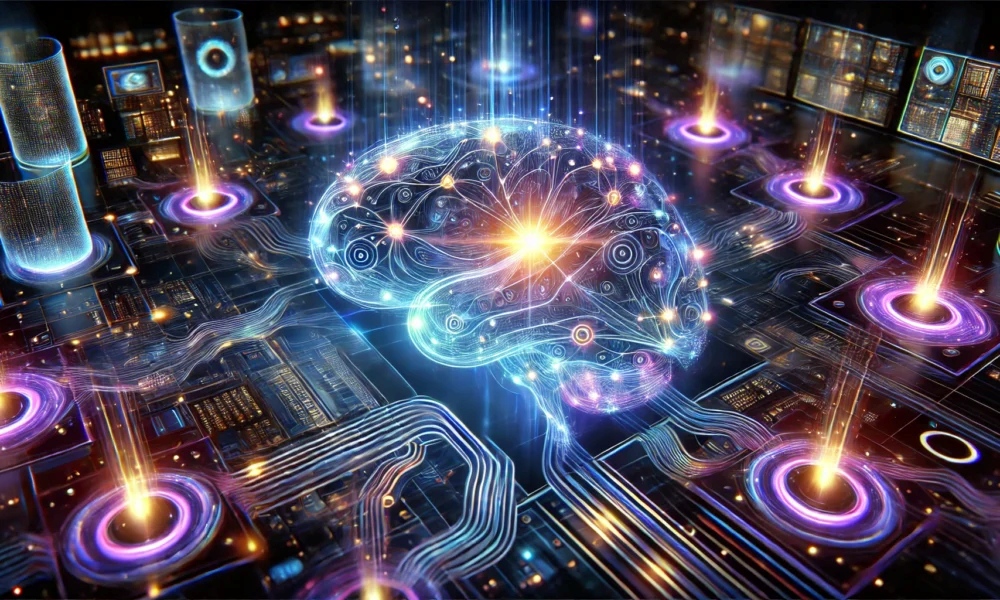
Image source: Public Domain
OpenGradient, the a16z crypto-backed AI infrastructure company, announced the launch of MemSync, a breakthrough platform that provides a persistent, secure memory layer for AI systems. MemSync enables context continuity across ChatGPT, Claude, Perplexity, and other leading AI platforms, addressing one of the most significant limitations of current AI assistants: context loss.
The MemSync Solution
MemSync establishes a unified memory system that:
"We've built powerful AI models, but left them in walled gardens," said Matthew Wang, CEO and Co-Founder of OpenGradient. "MemSync removes those barriers, enabling AI assistants to aggregate all of that context and actively leverage it to improve user experience."
Impact and Performance
Early adopters report saving an average of 30 minutes daily, with some advanced users experiencing up to a 10x productivity increase.
Beyond Memory: Digital Twins
MemSync's architecture also enables the creation of digital twins—AI representations built from public and authorized private data. Current demonstrations include digital twins of Naval Ravikant and Sydney Sweeney. Future capabilities will extend to creating digital twins of any individual, unlocking new ways to preserve and share human knowledge.
The next frontier will be even more transformative: Soon, users will be able to create a digital twin from any person's profile, fundamentally changing how we preserve and share human knowledge across generations.
"Imagine having a conversation with any expert, creator, or even historical figure based on everything they've ever shared publicly," said Adam Balogh, Co-Founder and CTO of OpenGradient. "Or creating a digital twin of yourself that will be able to automate your work, reply to messages, and do things on your behalf. That's the future we're building."
By subscribing, you agree to receive email related to content and products. You unsubscribe at any time.
Copyright 2026, AI Reporter America All rights reserved.